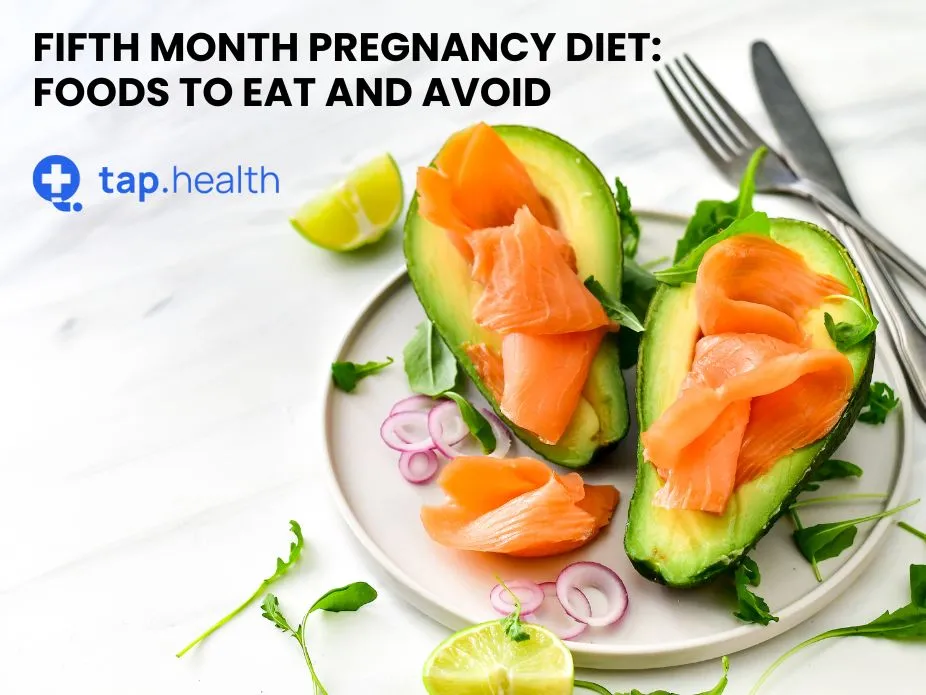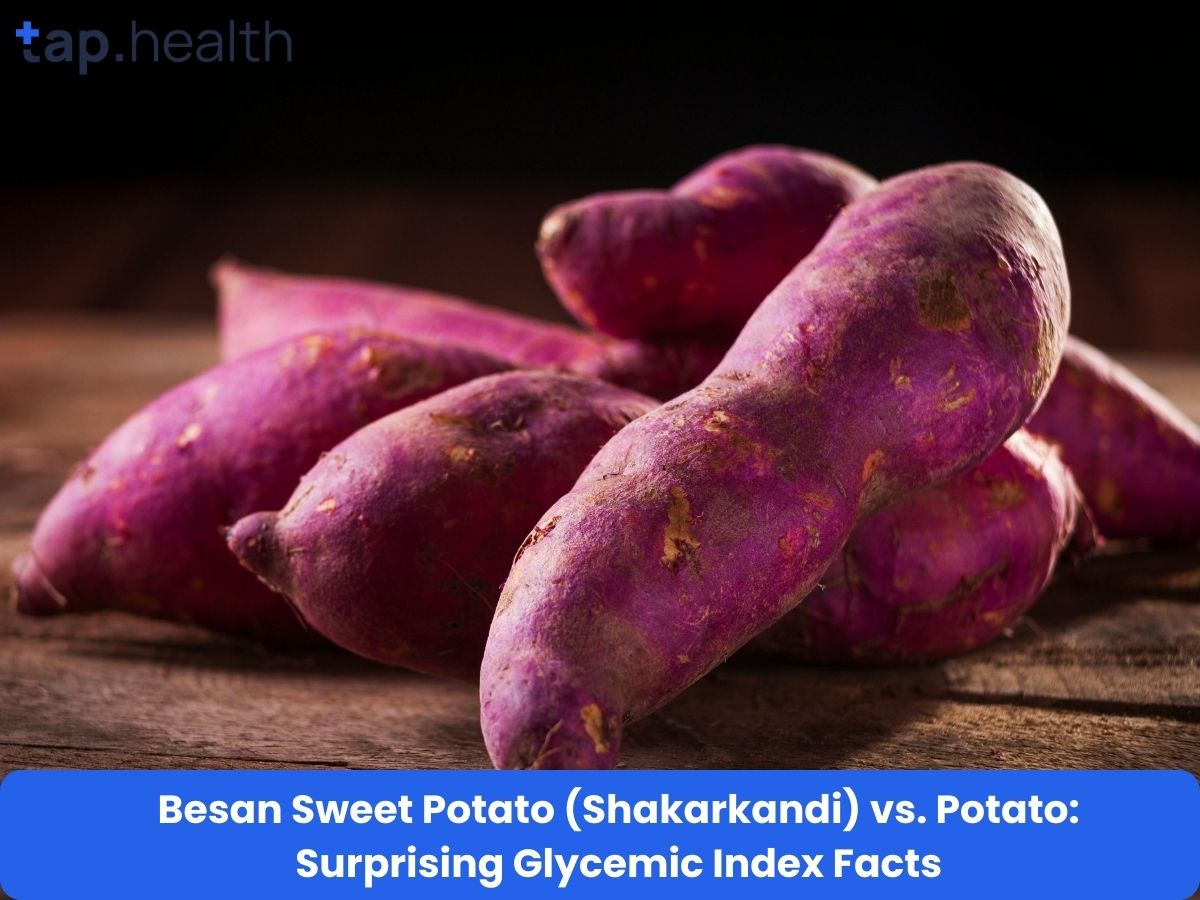Pregnancy is a transformative journey, and by the fifth month, you’re likely adjusting to your changing body while focusing on your baby’s development. A well-balanced diet during this stage is vital to support your baby’s growth and maintain your health. This blog outlines the best foods to include, what to avoid, and essential nutrients for a healthy fifth month pregnancy diet.
What Foods Should You Eat in the Fifth Month of Pregnancy?
A nutrient-rich diet is key to ensuring both you and your baby thrive. Here’s a breakdown of the best foods to include:
1. Fruits and Vegetables for Vital Nutrients
Fruits and vegetables are packed with vitamins, minerals, and fiber, which aid digestion and combat constipation—a common pregnancy issue. Opt for a variety of colorful produce like:
- Leafy greens (spinach, kale) for folate and iron.
- Berries (blueberries, strawberries) for antioxidants.
- Carrots and apples for fiber and vitamin C.
Aim for 4–5 servings daily to meet your nutritional needs and support your baby’s development.
2. Whole Grains for Sustained Energy
Whole grains provide complex carbohydrates for energy and fiber to prevent digestive discomfort. Include:
- Brown rice and oats for sustained energy.
- Whole-wheat bread for B vitamins and magnesium.
- Quinoa for a nutrient-dense, protein-rich option.
These foods help stabilize blood sugar and keep you energized throughout the day.
3. Lean Proteins for Growth and Development
Protein is essential for your baby’s tissue and organ development. Incorporate:
- Lean meats (chicken, turkey) for iron and protein.
- Fish like salmon for omega-3 fatty acids, which support brain development.
- Plant-based proteins (lentils, beans, tofu) for variety.
Aim for 71 grams of protein daily from diverse sources to meet your needs.
4. Dairy for Strong Bones
Calcium is crucial for your baby’s bone and teeth development. Include:
- Milk and yogurt for calcium and vitamin D.
- Cheese for a protein and calcium boost.
- Fortified plant-based milks (almond, soy) if lactose intolerant.
Target 1,000 mg of calcium daily to support both you and your baby.
5. Nuts and Seeds for Healthy Fats
Nuts and seeds provide healthy fats, protein, and minerals like magnesium and zinc. Snack on:
- Almonds and walnuts for omega-3s.
- Chia seeds and flaxseeds for fiber and healthy fats.
These are perfect for quick, nutrient-dense snacks to maintain energy levels.
6. Hydration for Overall Health
Staying hydrated is critical during pregnancy. Aim for 8–10 cups of water daily. You can also include:
- Hydrating foods like cucumbers, watermelon, and oranges.
- Herbal teas (ginger, peppermint) or fresh fruit juices in moderation.
Proper hydration supports digestion, circulation, and amniotic fluid levels.
What Foods Should You Avoid in the Fifth Month of Pregnancy?
Certain foods pose risks during pregnancy and should be avoided to protect you and your baby.
1. Raw or Undercooked Foods
Raw or undercooked meats, eggs, and seafood may harbor harmful bacteria like Salmonella or Listeria. Always cook foods thoroughly to ensure safety.
2. Unpasteurized Dairy Products
Unpasteurized milk and cheeses can contain bacteria that cause infections. Stick to pasteurized dairy to minimize risks.
3. High-Mercury Fish
Fish like shark, swordfish, and king mackerel contain high mercury levels, which can harm your baby’s nervous system. Choose low-mercury options like salmon or canned light tuna.
4. Excessive Caffeine
Limit caffeine to 200 mg per day (about one 12-ounce cup of coffee). High caffeine intake may increase the risk of miscarriage or low birth weight.
5. Alcohol
No amount of alcohol is safe during pregnancy, as it can lead to fetal alcohol syndrome and developmental issues. Avoid all alcoholic beverages.
6. Processed Foods
Processed foods are often high in sugar, salt, and unhealthy fats, offering little nutritional value. Opt for whole foods to avoid excessive weight gain and maintain health.
Essential Nutrients for a Fifth Month Pregnancy Diet
To support your baby’s growth and your well-being, focus on these key nutrients:
1. Folate/Folic Acid
Folate prevents neural tube defects and supports fetal development. Sources include:
- Leafy greens (spinach, broccoli).
- Fortified cereals and beans.
- Folic acid supplements (as prescribed).
2. Iron
Iron supports increased blood volume and prevents anemia. Include:
- Lean meats and spinach.
- Iron-fortified cereals paired with vitamin C-rich foods (e.g., oranges) for better absorption.
3. Calcium
Calcium is vital for your baby’s bones and teeth. Aim for 1,000 mg daily from dairy, fortified plant milks, or leafy greens.
4. Vitamin D
Vitamin D aids calcium absorption and supports immunity. Get it from:
- Sun exposure (10–15 minutes daily).
- Fortified milk, fatty fish, or eggs.
5. Omega-3 Fatty Acids
Omega-3s, especially DHA, support brain and eye development. Include salmon, walnuts, or flaxseeds, or consult your doctor about supplements.
6. Protein
Protein is crucial for fetal tissue growth. Aim for 71 grams daily from lean meats, fish, eggs, or plant-based sources.
Diet Tips for a Healthy Fifth Month of Pregnancy
Here are practical tips to optimize your diet:
1. Eat Small, Frequent Meals
As your baby grows, large meals may cause discomfort. Smaller, frequent meals help maintain energy and reduce nausea.
2. Prioritize Fiber-Rich Foods
Combat constipation with fiber-rich foods like fruits, vegetables, whole grains, and legumes.
3. Stay Active
Moderate activities like walking or prenatal yoga support digestion and overall health. Consult your doctor before starting any exercise.
4. Listen to Your Body
Pay attention to cravings and aversions. Balance indulgences with healthy choices to meet nutritional needs.
5. Take Prenatal Vitamins
Continue prenatal vitamins as prescribed to fill nutrient gaps, especially for folate, iron, and vitamin D.
FAQs: Common Questions About Fifth Month Pregnancy Diet
Q1: Can I eat spicy foods during the fifth month of pregnancy? A: Spicy foods are safe but may cause heartburn. Avoid them if they cause discomfort.
Q2: How much weight should I gain in the fifth month? A: Expect to gain 1–2 pounds per week in the second trimester, but consult your doctor for personalized guidance.
Q3: Is sushi safe during pregnancy? A: Avoid raw fish sushi due to bacterial risks. Opt for cooked or vegetarian sushi.
Q4: Are herbal teas safe? A: Some herbal teas (e.g., ginger, peppermint) are safe, but avoid others not recommended for pregnancy. Check with your doctor.
Q5: How much water should I drink daily? A: Aim for 8–10 cups of water daily to stay hydrated and support your baby’s health.
Q6: Can I eat dairy if I’m lactose intolerant? A: Yes, choose lactose-free dairy or fortified plant-based milks to meet calcium needs.
Q7: Should I take additional supplements? A: Only take supplements recommended by your doctor to avoid over-supplementation.
Q8: How can I manage morning sickness in the fifth month? A: Eat small, frequent meals and try ginger tea or crackers. Consult your doctor if nausea persists.
Q9: Are artificial sweeteners safe? A: Some are safe in moderation, but limit their use and opt for natural sweeteners like honey.
Q10: Can I follow a vegetarian or vegan diet? A: Yes, but ensure you get enough protein, iron, and B12 through varied sources or supplements, as advised by your doctor.
Conclusion
A balanced fifth month pregnancy diet is essential for your baby’s development and your well-being. Focus on nutrient-dense foods like fruits, vegetables, whole grains, lean proteins, and dairy while avoiding risks like raw foods, high-mercury fish, and alcohol. Prioritize key nutrients like folate, iron, and calcium, and follow practical tips like eating small, frequent meals and staying hydrated. Always consult your healthcare provider for personalized advice to ensure a healthy pregnancy journey.



